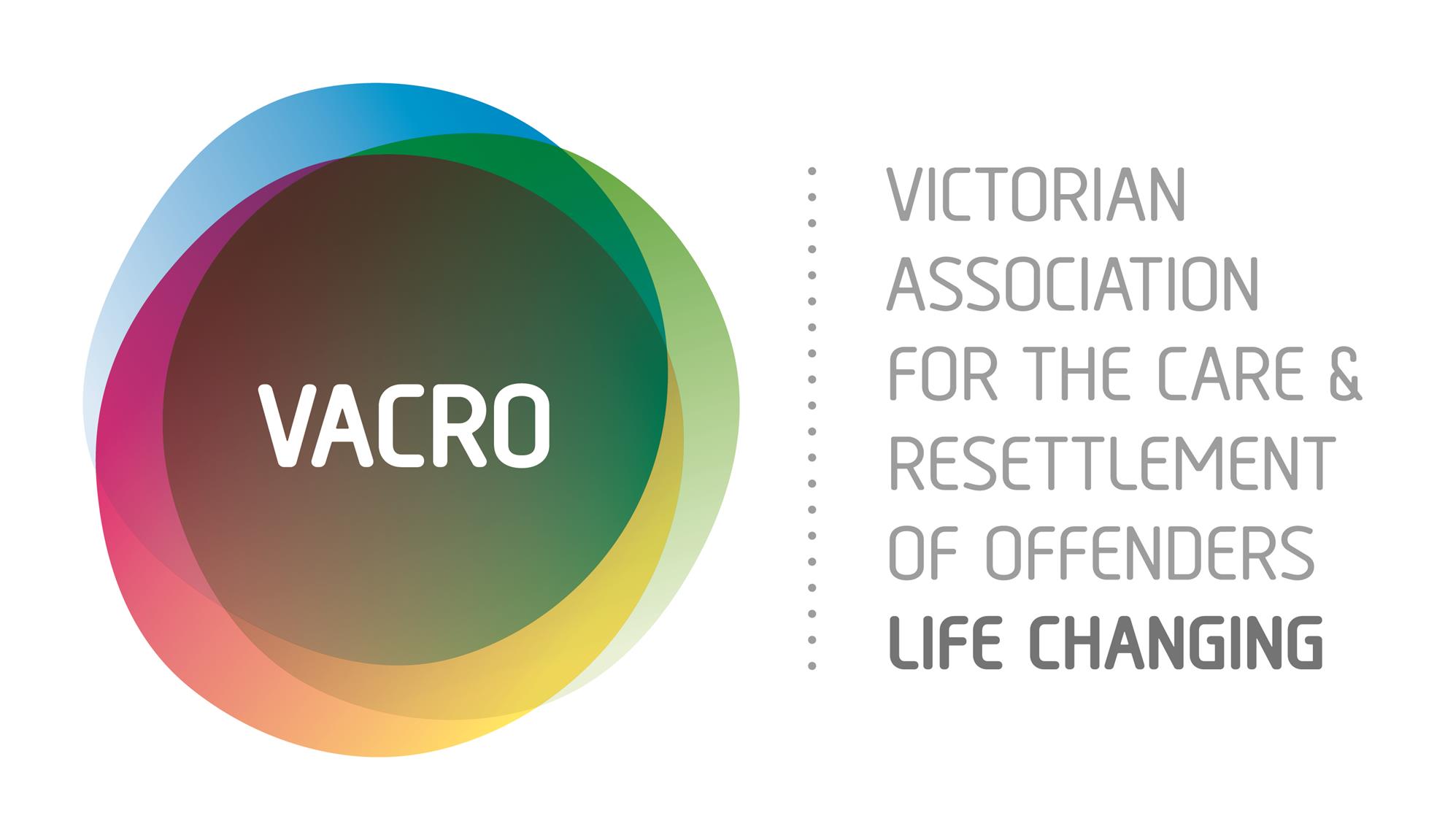 Marius Smith gave us an interesting insight into his his work with VACRO, the Victorian Association For The Care and Resettlement of Offenders.
Marius Smith gave us an interesting insight into his his work with VACRO, the Victorian Association For The Care and Resettlement of Offenders.
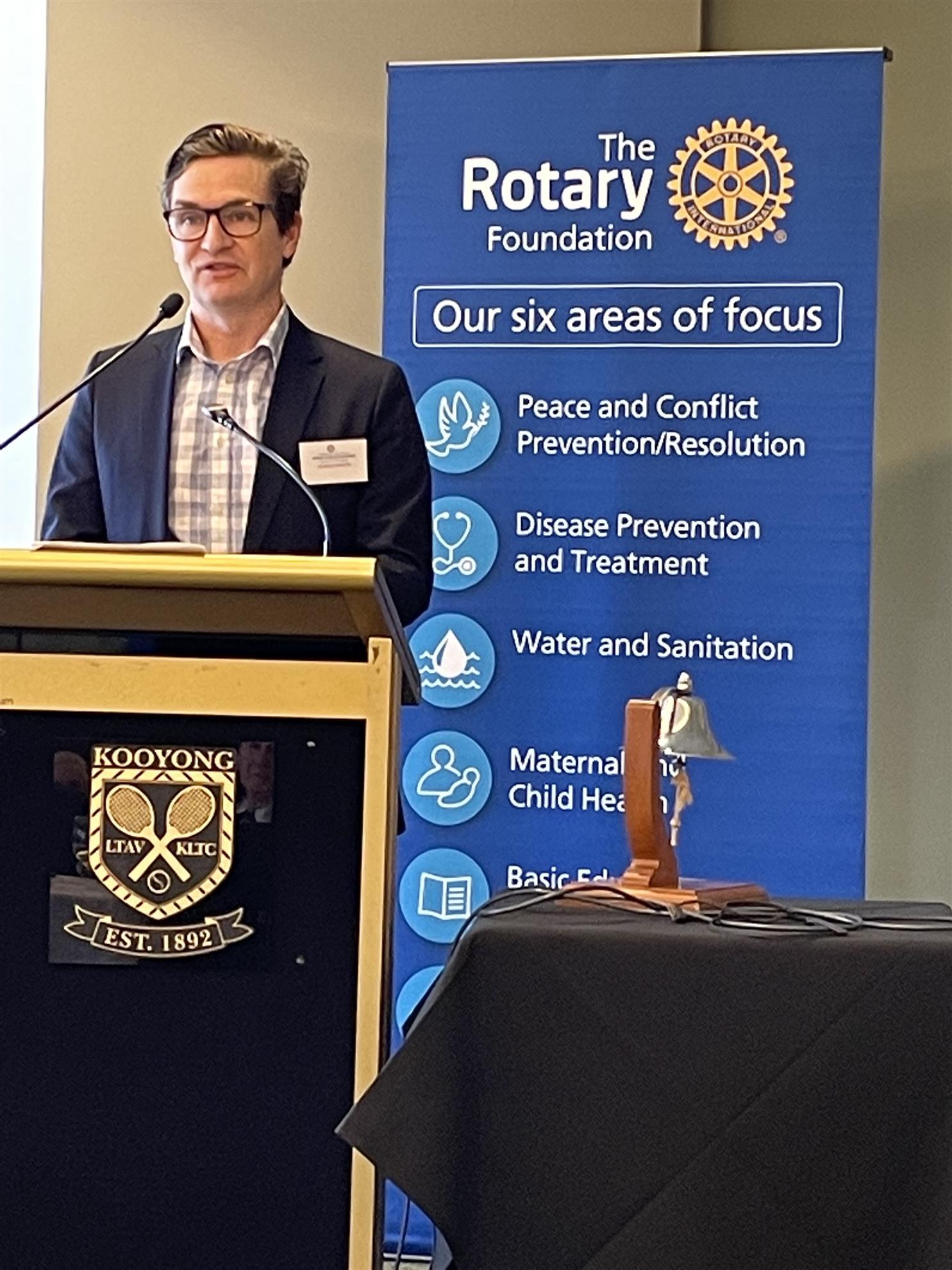 For 148 years, VACRO has helped some of the most marginalised and disadvantaged members of our society, supporting people in contact with the criminal justice system and their families to safely and successfully re-join the communities that help them thrive.
For 148 years, VACRO has helped some of the most marginalised and disadvantaged members of our society, supporting people in contact with the criminal justice system and their families to safely and successfully re-join the communities that help them thrive.
Their programs are voluntary, not mandatory, and are driven by an individual's own desire to change. This provides hope and support for people’s new beginnings, and strengthens communities for everyone’s benefit.
Marius described how the lack of housing for the homeless, drug addiction, and lack of support leads to recurrent offences. He indicated that the First Nations People are over incarcerated, looked upon with disdain, criminalised, overpoliced, and that putting them in prison only makes things worse. Since 2010 the government has toughened up on offenders, making it harder for them to get bail. and prolonging jail sentences. There is a rising jail population with more recurrent offenders. Governments need to admit their policies and bail laws are wrong.
VACRO has three processes to help released prisoners:
1) Re-integration. Housing and health are priorities. Prisoners can gain education through TAFE while incarcerated, and so have the possibility of gainful employment once released. VACRO provides coaching for job interviews.
2) Look at the need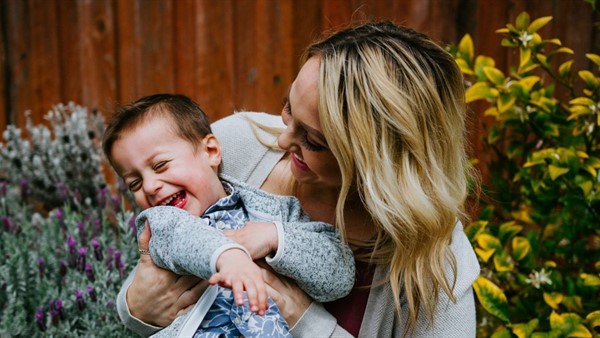 s of families. Allowing families to visit prisoners is a great help. VACRO helps prisoners reintegrate in the community by offering the support and connection needed to help families maintain strong relationships on either side of the prison gate.
s of families. Allowing families to visit prisoners is a great help. VACRO helps prisoners reintegrate in the community by offering the support and connection needed to help families maintain strong relationships on either side of the prison gate.
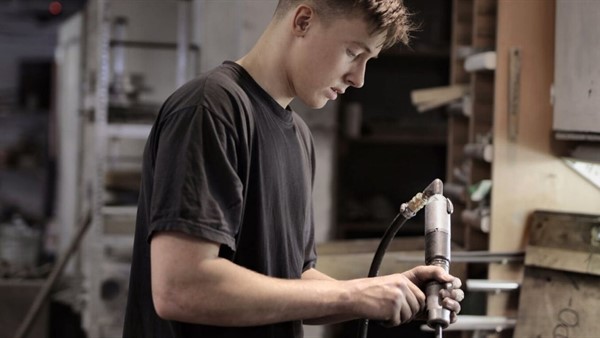 3) Jobs. While many have problems with addiction, the “Second Chance” program beginning in October should lead to more being employed. Programs are based on coffee (a cafe near the courts) and cycles (repairing bicycles) and this gives released prisoners the opportunity to responsibility among the public. Currently VACRO helps 800 people a year to find employment.
3) Jobs. While many have problems with addiction, the “Second Chance” program beginning in October should lead to more being employed. Programs are based on coffee (a cafe near the courts) and cycles (repairing bicycles) and this gives released prisoners the opportunity to responsibility among the public. Currently VACRO helps 800 people a year to find employment.
Questions from members revealed that there are insufficient workers to deal with the caseload: 15 workers in prison dealing with 250 cases, and that that estimating the success of programs or re-offending is very difficult.
President Andrew thanked Marius for his presentation and his service to the community.
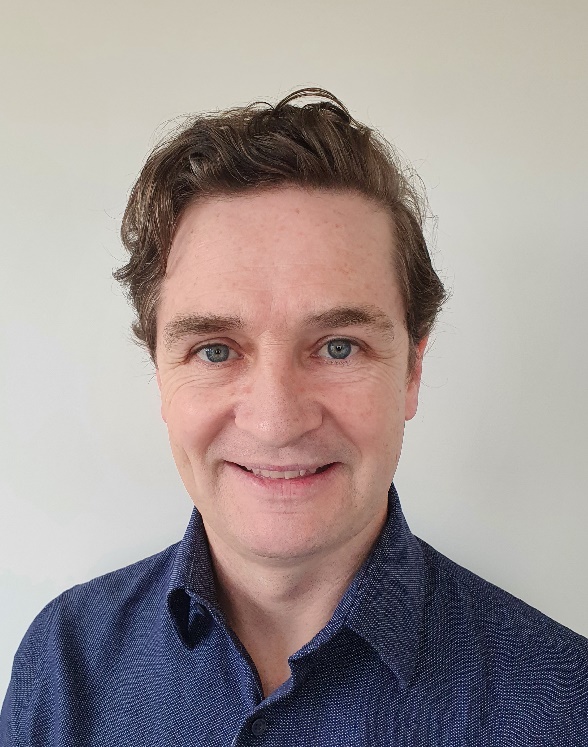 Marius Smith started as VACRO’s CEO in June 2019, joining the organisation from the Castan Centre for Human Rights Law at Monash University, which he grew from a small research organisation into a globally respected human rights policy, public education and research hub.
Marius Smith started as VACRO’s CEO in June 2019, joining the organisation from the Castan Centre for Human Rights Law at Monash University, which he grew from a small research organisation into a globally respected human rights policy, public education and research hub.
Marius developed his passion for criminal justice work at the Castan Centre, where he introduced a strong policy focus on criminal justice and prisons, heading an extensive research project on the use of force in all forms of detention and co-founding the Indigenous Group of Learning, which works with Aboriginal and Torres Strait Islander men at Port Phillip Prison.
Marius has previously worked as a lawyer at a number of commercial law firms, has worked with refugees in the Philippines, and has managed an aid and development program in Sudan and Eritrea. He is a member of the Board of the Disability Discrimination Legal Service.